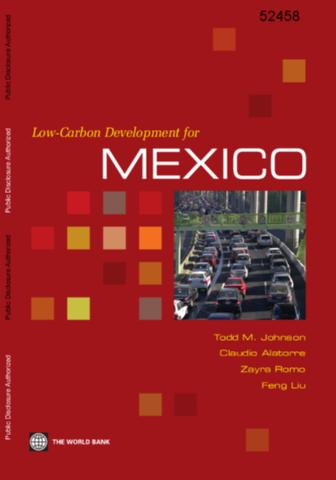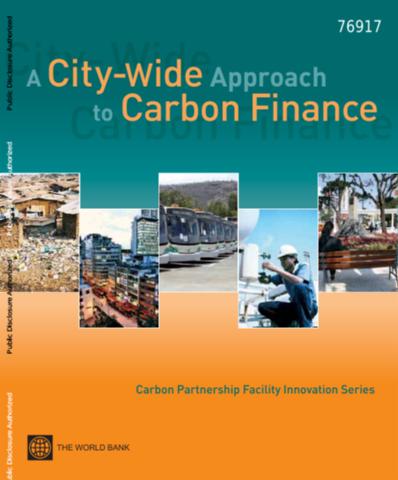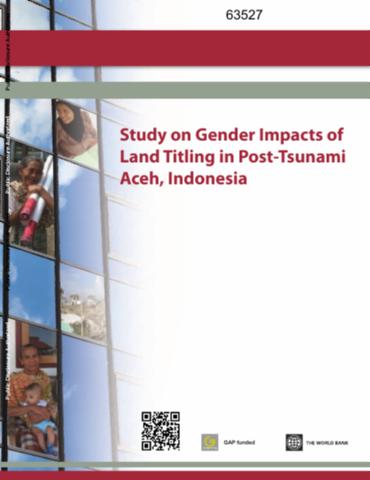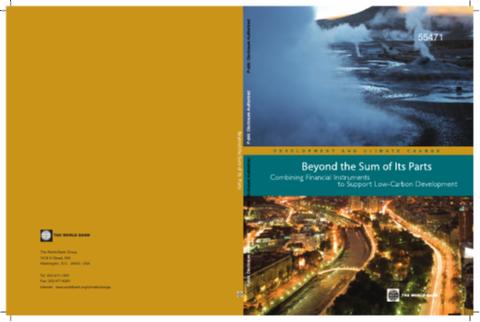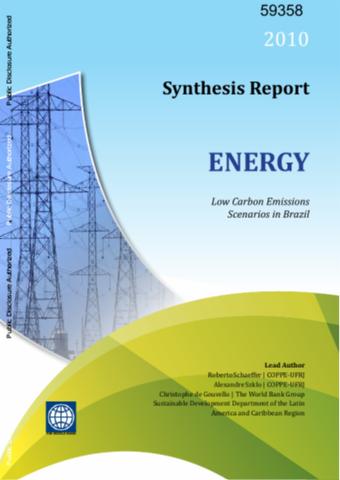Methodological approach in conflict assessment and mitigation caused by game animals in Latvia
Attempts to estimate the allowable maximum population density is well known in the history of game management in Latvia. Relatively permanent environmental features (e. g. landscape and forest structure) have been used for the assessment of carrying capacity of hunting grounds. Amount of the available winter feed was considered as a limiting factor for major game species in each landscape unit and forest type. While focusing on the actual abundance of feed, many other factors, including mutual interaction among species and populations, were overlooked.


